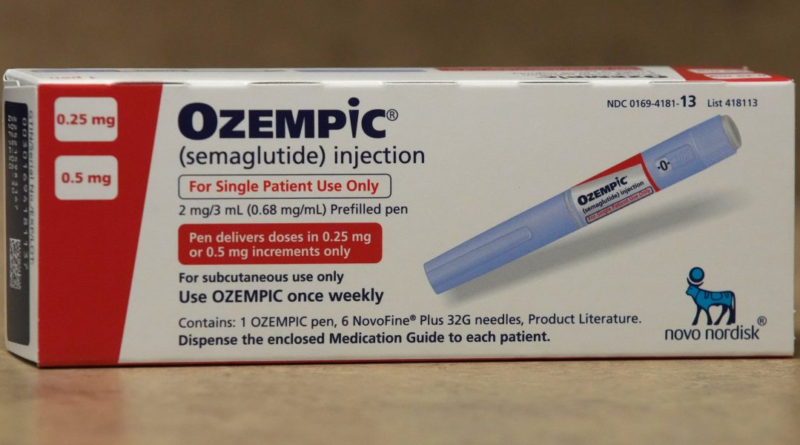North Carolina drops coverage for Wegovy and Ozempic, with implications for anti-obesity drug market projected to hit $100B by 2030
North Carolina is cutting off coverage of anti-obesity medications for state employees, citing soaring costs and a lack of agreement on pricing from drugmakers.
The decision affects a class of drugs known as GLP-1s, which are used to treat diabetes along with helping with weight loss. The medications, like Novo Nordisk A/S’s Wegovy and Ozempic and Eli Lilly & Co.’s Zepbound, have soared in popularity, but are expensive and require long-term use.
North Carolina’s State Health Plan, which covers about 480,000 people, spent $100 million on the drugs last year, and its consultant projected a $1.5 billion loss by 2030 if it continued to pay for them. The SHP said it tried to stop covering new patients starting this year, but Novo Nordisk responded by withdrawing rebates.
The loss of the rebates meant a $54 million increase in the amount spent on prescriptions for existing patients, according to data from SHP. SHP said it tried to negotiate lower prices with drugmakers, but failed to reach an agreement, and the board on Thursday voted to drop all coverage as of April.
The decision could carry wider implications for an anti-obesity drug market Wall Street projects will grow to $100 billion or more by 2030. Other states and insurers are also facing rising costs and pressure from drugmakers to cover the medications.
“This is not something the board desired to do, but was forced to do,” Treasurer Dale Folwell, who oversees SHP, said in an interview. “These manufacturers have to understand that there’s a need to put patients over profits.”
Many state-backed plans don’t cover GLP-1s for weight loss, but the ones that do are trying to limit rapidly increasing costs. Connecticut introduced a trial lifestyle-management program for state employees seeking the drugs for weight-loss treatment in July, after spending on the class rose 50% annually since 2020. Virginia tightened restrictions on which Medicaid enrollees can receive them for obesity.
Read More: Ozempic Mania’s Billions in Bills Are Coming for Taxpayers
“We do not support insurers or bureaucrats inserting their judgment in these medically driven decisions,” a spokesperson for Novo Nordisk said in an emailed statement, adding that it would continue to engage with plan officials on cost concerns. “We urge Treasurer Dale R. Folwell and the NCSHP to reconsider this decision and put patients first.”
Both Folwell and Novo Nordisk said they would continue to attempt to reach an agreement on costs. The treasurer said the plan had also been in discussions through this week with Eli Lilly. A spokesperson for Eli Lilly didn’t immediately respond to a request for comment outside regular business hours.
“Every state has been wrestling with it, every professional association that my staff is a part of has had some discussion about it,” Sam Watts, director of SHP, said in an interview. “But to our knowledge, we’re the first major state health plan to act on it.”



